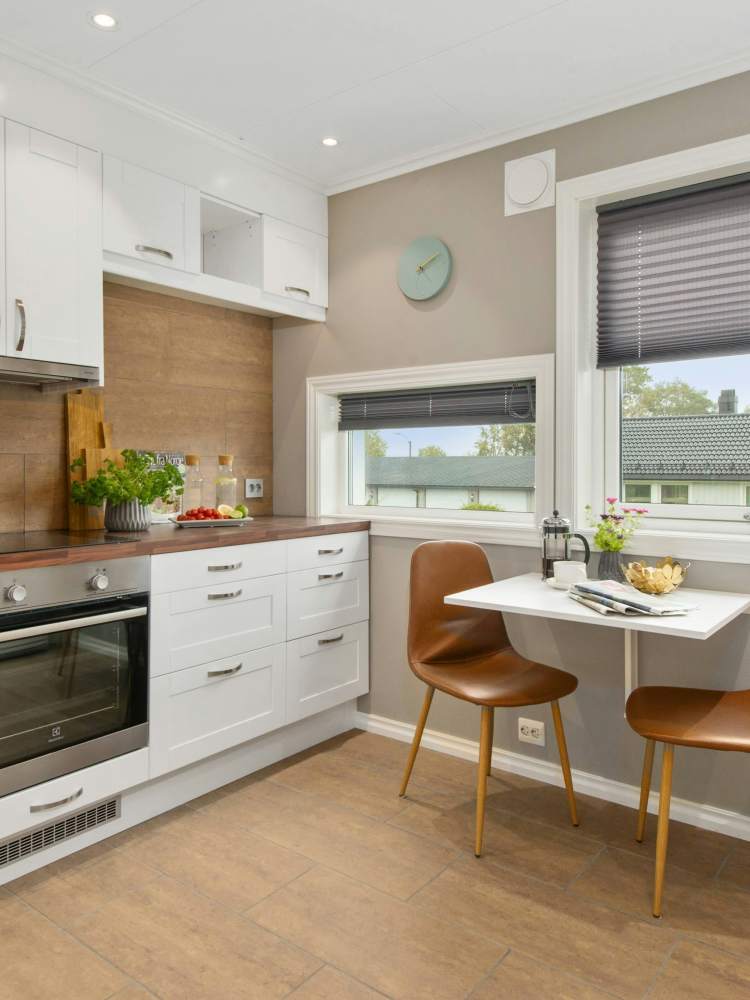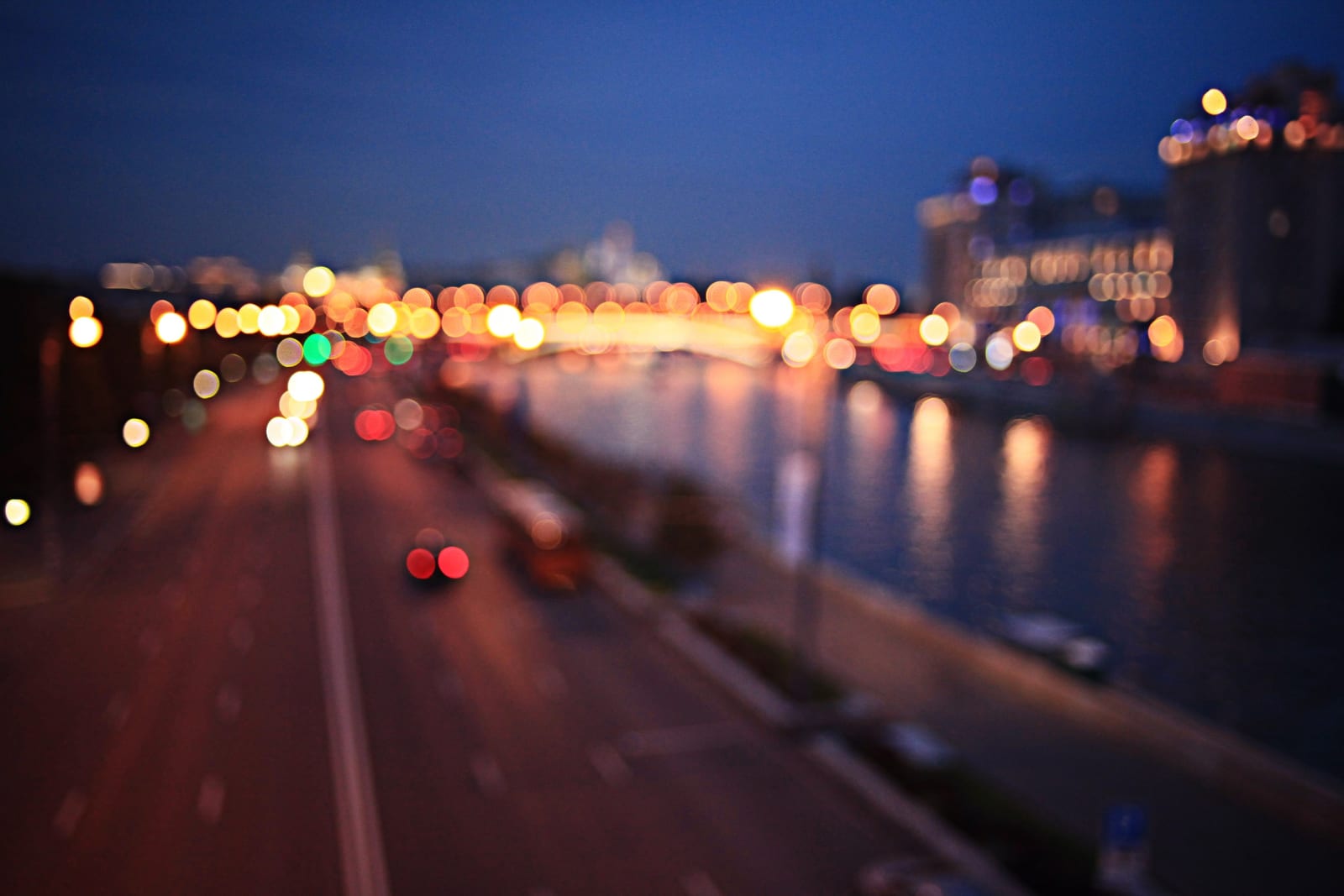Port Arthur may be a coastal city, but it's certainly not your typical tropical paradise. City slickers and tourists may feel a little out of place in this setting, however, it is a great home for the largest concentration of alligators in Texas, as well as a few human residents. These brave bayou-dwellers get to enjoy some of the best wade fishing in the state, an extremely low cost of living, and an expanding job market, as Port Arthur refineries and petrochemical plants continue to grow into one of the largest complexes in the world.
Old Downtown
Port Arthur may be a coastal city, but it's certainly not your typical tropical paradise. City slickers and tourists may feel a little out of place in this setting, however, it is a great home for the largest concentration of alligators in Texas, as well as a few human residents. These brave bayou-dwellers get to enjoy some of the best wade fishing in the state, an extremely low cost of living, and an expanding job market, as Port Arthur refineries and petrochemical plants continue to grow into one of the largest complexes in the world.
Old Downtown. Described these days as a ghost town, years of hurricane damage and economic hardship have made this neighborhood quite a mess. High crime, dilapidated buildings, and a few tiny, creepy looking bars are all that is left of the night life. Many older homes are still boarded up from the recent hurricanes, others completely abandoned, while a few are being revived by local residents. The area around the Lamar Sate College campus has much greener pastures, literally, the grass is greener in this section of the neighborhood, the crime rate is lower, there are less abandoned properties, and even a couple of decent hangouts, such as Jaws Bar-B-Que and the Speak Easy Lounge & Restaurant. $
Central Business District. Downtown shopping, dining, and activities can be found in the new Central Business District, centered around the Central Mall. You've got the basics, centrally, such as a Walmart, YMCA, a movie theater, Starbucks, Target, a couple of hospitals and a few churches, as well as some luxuries, such as two golf courses and a few neighborhood parks. There's also a handful of restaurants and bars – including the locally acclaimed La Cantina. $$$
Pear Ridge. Not named for the waistline of chubby person, this is a simple residential neighborhood with a couple of little parks, a child care center, an elementary school, and a Walmart nearby. Rentals include small single-family homes and small to medium sized apartments. $$
Griffing Park. This is a nice enough family environment, with schools, parks, hospital, shopping, and Sabine Lake all nearby. $$$
Lakeview. Overlooking Sabine Lake, Lakeview is an old community where barbershops, retail, and convenience stores continue to do business from buildings erected about a half a century ago. Classic signs from the early days of Sprite, Texaco, and color TV remain in front of old storefronts, creating a very historic vibe. There are a couple of little neighborhood grocers on Stadium Road, including La Ranchera, a great carniceria/fruteria/panaderia/taqueria. Rentals include old brick apartments and colorful single-family homes on tree-lined streets. And, for you barbecued crab enthusiasts (combining the best of two distinct worlds – and will probably be visited by Anthony Bourdain in the near future), be sure to check Esther's, a popular local Cajun restaurant. $$$
Sabine Pass. Formerly known as Sabine City, this little community lies at the southern tip of the city limits, and is so close to the state's border you could cast a fishing line over to Louisiana. And, there is some good fishing to be had around here. Surrounded by wildlife refuges, state parks, Lake Sabine, and the Gulf of Mexico beach, this area is very well known around town and the world for its wildlife. The best wade fishing can be found at the Anahuac National Wildlife Refuge, where the Galveston Bay provides plenty of trout, flounder, and redfish. Just watch out for the alligators and be sure to wear some bug spray or else you will get eaten alive – or dead if a gator gets you first. The most fun fishing can be found on the beaches south of Highway 82, aka the Coonass Riviera, where good ol' boys in pickups enjoy mass quantities of beer on the wide open and unpolished beaches of the Louisiana backcountry. There are also thousands of jobs on the way thanks to new energy infrastructure in this neighborhood, including the Gold Pass and Sabine Pass LNG terminals. $$
West Port Arthur. On the west side, obviously, with cheap rentals surrounded by miles of wildlife refuges, where the swamp's conservation comes before the people's accessibility. $
Port Acres. Also on the west side, Port Acres is a walkable, suburban community with mostly owner occupied single-family homes from the earlier part of the 20th century, along with a few mobile homes. There is a local grocer, a couple of bars and restaurants, and a nice neighborhood park, as well as the miles of wildlife refuge that encompasses most of Port Arthur's west side. $$$
No matter where you are in Port Arthur, you've got to have a car, preferably a truck. It's the American way. The bus system is limited and, for most, very inconvenient if not downright pointless. Besides, you will need a vehicle to be able to see all that Port Arthur has to offer, as most of the wildlife, fishing, and beach parties are never anywhere near a bus route. On the plus side, in a city where gators outnumber people, there is never too much traffic, and wallets and boots come cheap.
Sometimes it can feel like it rains almost every day. That's because it does. It is a very rainy, wet, Cajun-swamp type of environment, with about a third of each month consisting of rainy days. So, be sure to pack a raincoat and some good waterproof boots. Tropical storms and hurricanes are another big part of the meteorology around here. Port Arthur has a decent seawall, however it is not immune from the effects of hurricanes. Recently, Hurricane Rita and Hurricane Ike both caused severe flooding and wind damage. Protect your belongings by getting some renter's insurance (it's very inexpensive and doesn't generally cover everything you might expect in the event of a hurricane), and then take plenty of pictures of all your stuff.
Now that y'all have the lay of the land, c'mon down and get your new Port Arthur apartment.
-By Katy Comal


